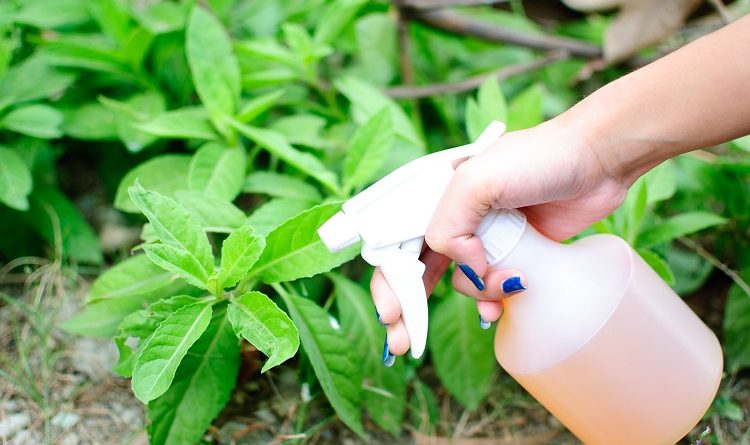Gardening Tips for Pest Control
Have you had some serious issues with pests this year that have been harassing your garden space? Did you have to bear witness to a lot of attacks on your cherished veggie crops? If that is the case, then fear not, for you will have a chance to solve the issue once and for all with a few smart pest control solutions you can work with to make your gardening far easier than before:
-
Mixing it up
If your plants are a fairly confusing combination of sights and scents, then most insect pests will have a difficult time. You can target specific groups of insects with this approach, especially if you have any problems with them in the long run. Increasing the biodiversity of your garden and keeping away from monoculture crops will increase the resistance to pests for all plants involved. You should consider moving on with using combinations of plants, such as broccoli and onions, tomatoes or chives and basil, peas and carrots and other similar solutions for your specific needs. You can also make a combination of ornamentals and edible plants. Hot peppers near the flowerbeds will be one way to handle things, or sprinkling the vegetable patch with some annual flowers such as marigolds and alyssum.
-
Attracting pest-killing predatory species
One of the most useful ways you can deal with this is to work on attracting species that are within the range of natural enemies your pests may have. Many of the beneficial results of this will be seen fairly quickly. Wasps prey on caterpillars, as well as other species preying on other pests. Make use of these and you will have an easier time handling things without the use of pesticides. If you want to attract such, then you will need to pick the right kind of plants to make it work. A good example of that would be allowing your carrot and parsley plants to overwinter, giving them a chance to grow into their second year for some really nice and wide flowers.
-
Stopping the nematodes
Marigolds are one excellent addition to any garden that happened to be damaged by the presence of nematodes. These wormy pests living in the soil can be stopped by a simple stand of marigolds for a cover crop during one season, then turning them under the soil. Whatever plants you plan on growing the following year will have zero problems with nematodes.
-
Growing decoy plants
You can try to make pest control easier and more manageable can be done with ease if you work on cultivated crops. This will help keep pests away from your usual fare of crops. Striped blister beetles will prefer redroot pigweed to the other plants close by, so this will make a good amount of decoy. You can find ways to trap flea beetles for example, using arugula or spicy salad greens. The use of a handheld vacuum can help vacuum up the flea beetles. Aphids happen to be attracted to yellow colors, so you will need to take advantage of such flowers, yellow nasturtiums close to your tomato plants to draw them away. When the aphids migrate to your decoy plants, you will have a chance to root them out and destroy them as you move forward. Making sure you have the right plants in mind and the right approach will help lower the risks you will be taking while keeping your garden safe and sound. Check for potential combinations you can use to make things work, both online or through your local library.
-
Setting traps for your annoying pests
Slugs and snails, pill bugs and sow bugs, earwigs and worse can be a really serious problem for gardening and landscaping, especially since they happen to frequent shady and damp areas well away from the heat of day. If you want to take advantage of that and to lure them out and trap them. This can be achieved by giving them disposable areas they can inhabit in your garden, such as paper pieces, seashells, broken crockery, boards and more. When you have all of these you will have a much easier time finding them and getting rid of the pests. Once you do that, you will have a much easier time maintaining and taking care of landscaping and gardening. Once you’re done with them, you should dump the trapped pests inside a bucket of soapy water to get rid of them.
Heather Roberts is a freelance guest blogger from London, UK. She has got many published articles on various topics such as home maintenance, garden and lawn care etc. She loves to spend her time with family and friends and she also tries to live an eco-friendly life.

